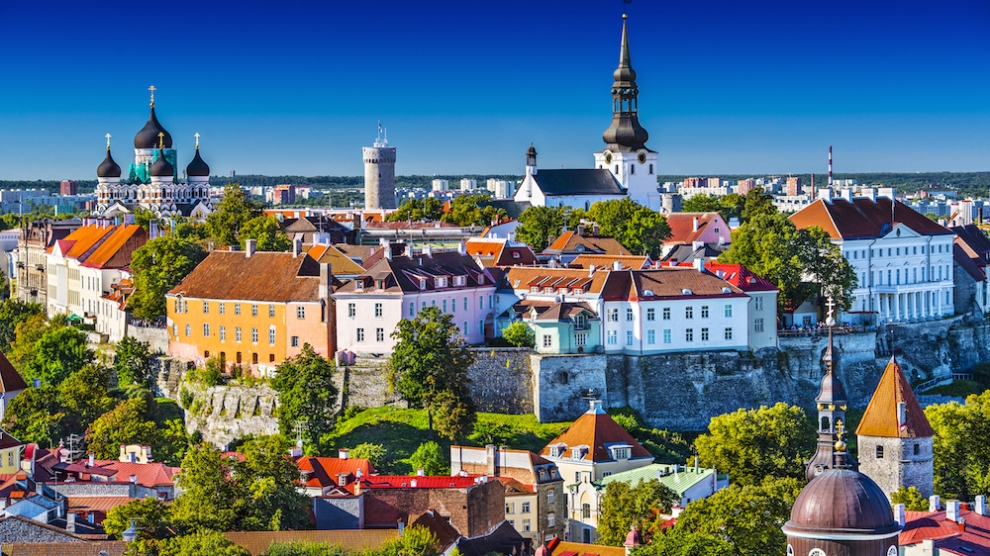Few of emerging Europe’s countries feature in the 2019 IMD World Digital Competitiveness Ranking, with the globe’s top five remain unchanged (US, Singapore, Sweden, Denmark and Switzerland).
Estonia ranked 29th, followed by Lithuania (30th) and Slovenia (32nd). Slovakia (47th), Croatia (51st) and Ukraine (60th) are the other countries in the emerging Europe region to feature.
The index measures the capacity and readiness of 63 economies to adopt and explore digital technologies as a key driver for economic transformation in business, government and wider society. The structure of the ranking is built on three factors. The first factor, knowledge, refers to intangible infrastructure, which underlines the process of digital transformation through the discovery, understanding and learning of new technologies. The technology factor assesses the overall context through which the development of digital technologies is enabled. Finally, the future readiness factor which examines the level of preparedness of an economy to assume its digital transformation.
Estonia slipped from 25th to 29th in 2019. While several of the country’s indicators related to education and technological infrastructure improved, such progress was offset by negative executive perceptions about the support from relevant regulation paired with a decline in e-participation and e-government indicators.
Slovakia advanced in the ranking from 50th to 47th. The country experienced improvements across all three factors, particularly in future readiness thanks to positive shifts in adoption and utilisation of online services.
Croatia dropped from 44th to 51st. This decline was mainly the result of a drop in the regulatory framework particularly in terms of the process of starting a business. It also declined in adaptive attitudes where it experienced a decrease in e-participation and in IT integration specifically in regard to e-government.






Add Comment